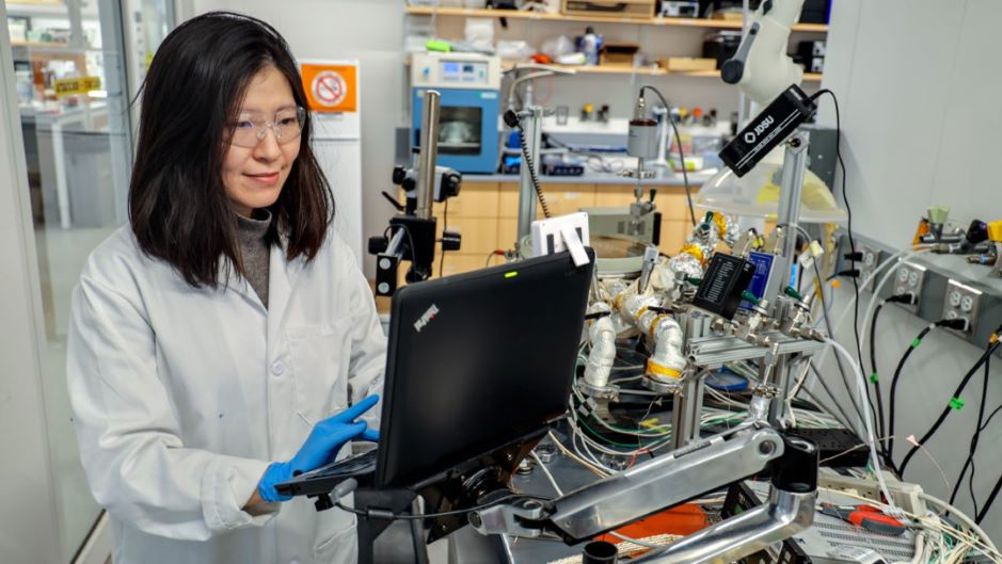AI to advance nanomedicine manufacturing
Researchers at Cornell University claim that a novel combination of artificial intelligence (AI) and production techniques could ‘change the future’ of nanomedicine.

The team is using a new $3m grant from the US National Science Foundation, aiming to ‘revolutionise’ how polymer nanoparticles are manufactured.
Polymer nanoparticles have emerged as a powerful tool for delivering medicine to precisely the right place, at the right time, inside the human body, but their use has been limited by the complexity of manufacturing.
“It can take decades for a company to design a molecular recipe and make it consistently reproducible at a large scale,” said Rong Yang, assistant professor in the Smith School of Chemical and Biomolecular Engineering and lead investigator on the grant.
“There’s a bottleneck going from bench-scale synthesis to industry-scale manufacturing, and that’s what we’re trying to address.”
Yang and collaborators will use AI to analyse and guide the production of polymer nanoparticles in real time.
As nanoparticles are being synthesised with an initiated chemical vapour deposition (iCVD) system, the researchers will incorporate liquid crystals that leave an ‘optical fingerprint’ to be read by computer vision.
Register now to continue reading
Thanks for visiting The Engineer. You’ve now reached your monthly limit of news stories. Register for free to unlock unlimited access to all of our news coverage, as well as premium content including opinion, in-depth features and special reports.
Benefits of registering
-
In-depth insights and coverage of key emerging trends
-
Unrestricted access to special reports throughout the year
-
Daily technology news delivered straight to your inbox










Water Sector Talent Exodus Could Cripple The Sector
Maybe if things are essential for the running of a country and we want to pay a fair price we should be running these utilities on a not for profit...